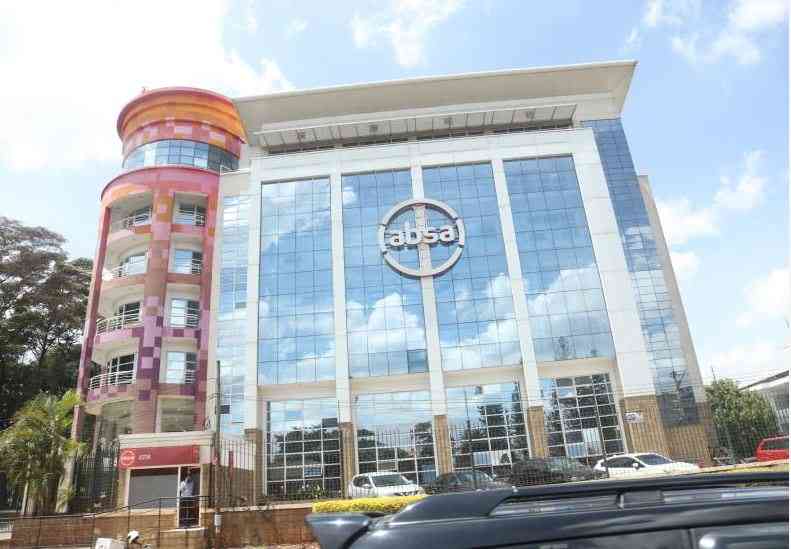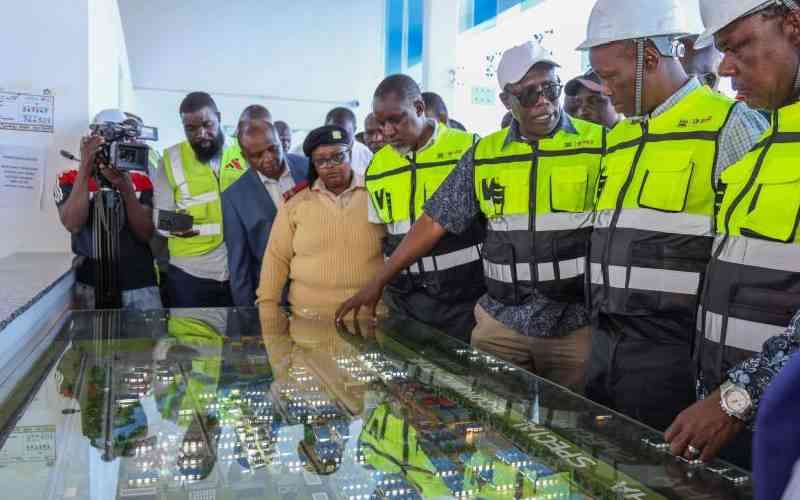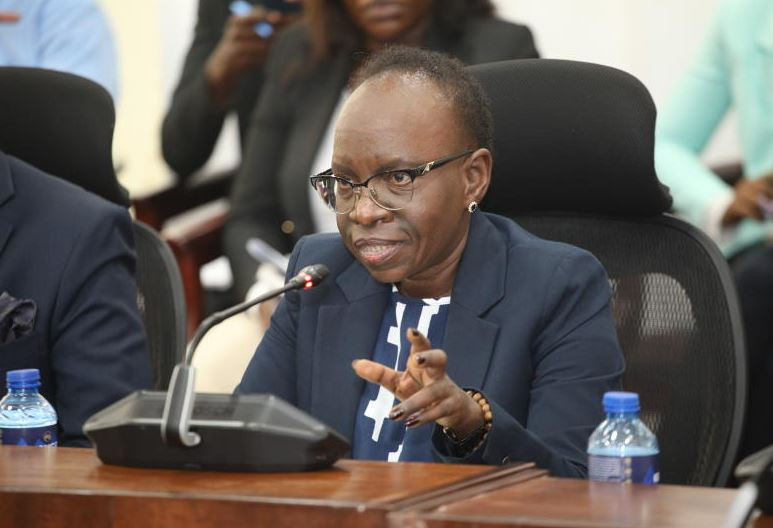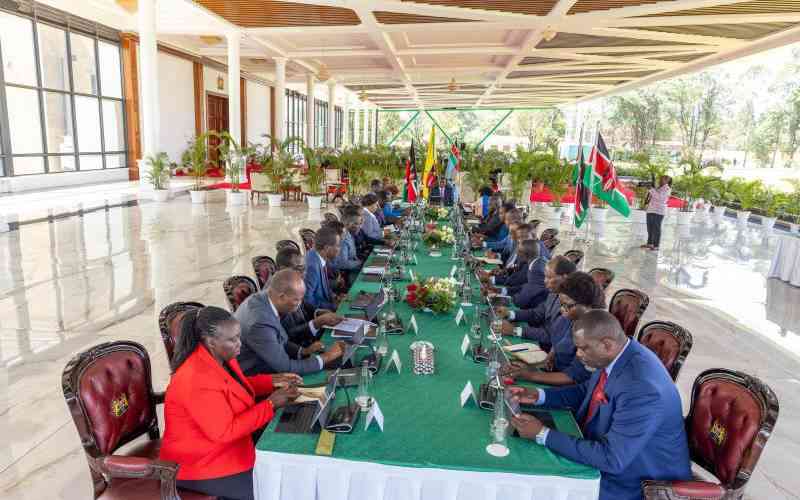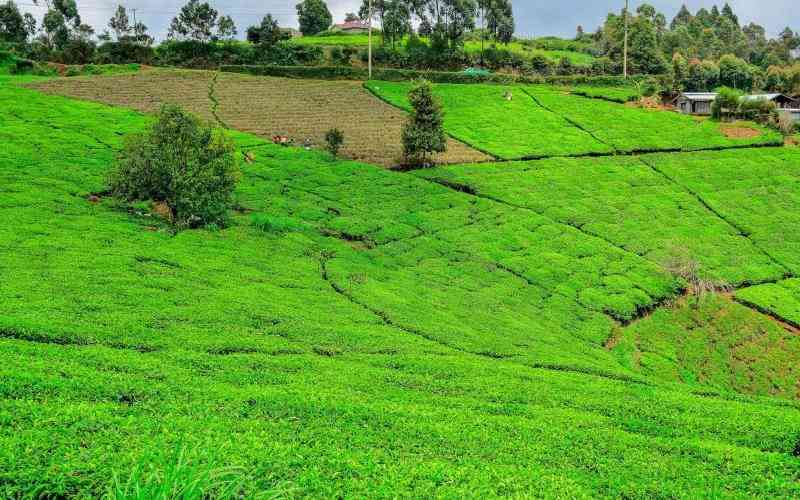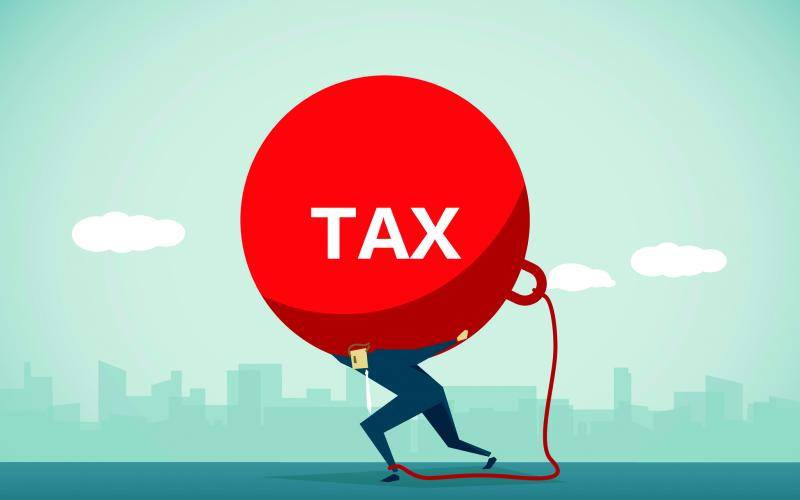×
The Standard e-Paper
Kenya's Bold Newspaper
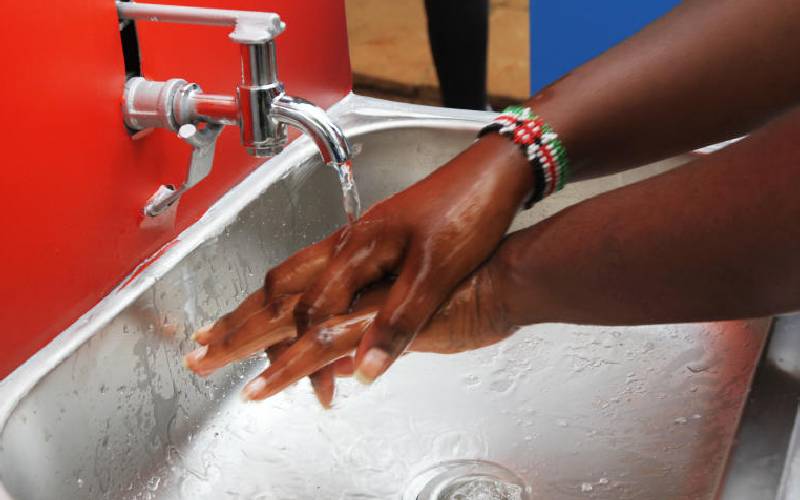
A lady washes her hands during the Global Handwashing Day held at Amref University, Nairobi. [Elvis Ogina,Standard]
WaterAid East Africa has warned of worrying about slow progress in access to handwashing for all.
